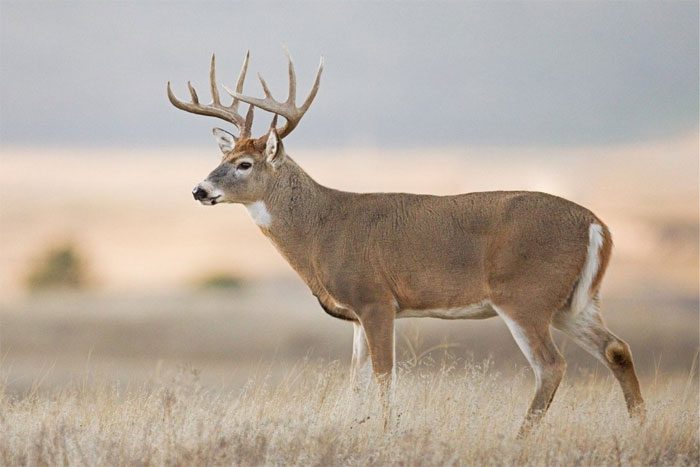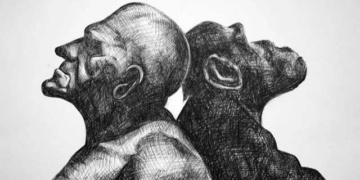A blood sample from the American white-tailed deer collected in 2019 tested positive for Covid-19 antibodies, according to new research by U.S. government scientists.
The South China Morning Post (SCMP) reported that the research team also found three positive samples in deer in January 2020, around the time the virus was first identified in China.
Biologist Susan Shriner from the National Wildlife Research Center stated that these blood samples were collected during the “early” stages of the Covid-19 pandemic from wild deer populations across various regions of the United States.

The report on the discovery of Covid-19 antibodies in white-tailed deer blood from 2019 has yet to be peer-reviewed. (Illustration: Shutterstock)
In a sharing on the open research data source bioRxiv.org at the end of July, she and her colleagues suggested that this discovery could provide foundational information about the populations surveyed before the social pathogen emerged.
They stumbled upon this detail while researching whether humans could transmit the SARS-CoV-2 virus to wildlife. The results have not yet been peer-reviewed by an expert panel.
A large-scale survey conducted by the U.S. Department of Agriculture earlier this year indicated that nearly half of the white-tailed deer in the wild may have been infected with the SARS-CoV-2 virus, with infection rates reaching up to 100% in some areas.
To ensure the accuracy of the testing method, researchers used several samples stored since 2011 as controls and found that all results were negative prior to 2019.
In fact, many cases of animals infected with SARS-CoV-2 have been reported worldwide, but these are pets or farm animals living close to humans and only tested positive after Covid-19 was detected in people.
To date, the origin of the Covid-19 pandemic remains a mystery for researchers and international leaders. Numerous hypotheses have been proposed to fill this gap.
When Covid-19 first emerged, it was believed that the disease originated from a seafood market in Wuhan, China; however, an investigation by the World Health Organization found earlier cases in other locations within the city.
Some scientists have also suggested the possibility that certain wildlife in Southeast Asia could be the original hosts of SARS-CoV-2. Similar strains of the Corona virus have been found in animals such as bats and pangolins, but their genetic distance from humans is too vast, suggesting these viruses may have been isolated for many years, or even decades.
Most scientists agree that Covid-19 has a natural origin, but evidence regarding the early history of the virus’s evolutionary process remains sparse.


















































